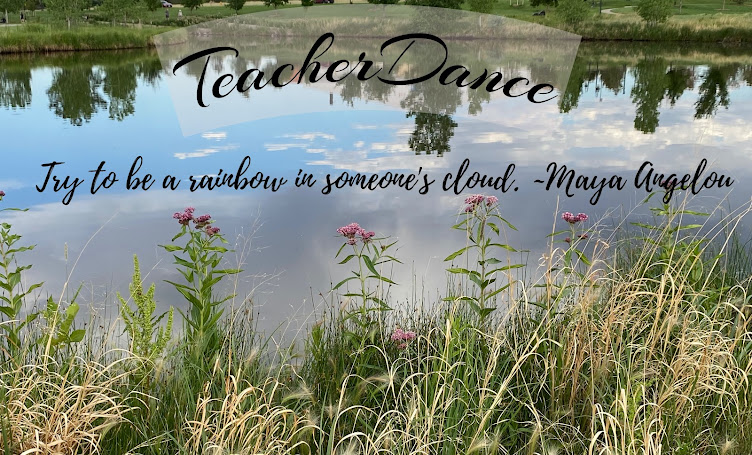Learn from the past, prepare for the future, live in the present.”
― Thomas S. Monson
When I taught in a middle-school classroom, I had the privilege of
writing curriculum often because my students each studied an individual unit topic,
which, with their input, comprised the majority of their learning during the year. It may seem like a big challenge if
you’re only used to writing class units of study, but once you get into the
rhythm of it, it goes well, and our school has a multitude of resources from
which to draw when needed.
Here
is a sampling of the topics students chose. I managed the expectations; they took
over with choice of sub-topics, with the expectation that they do their best
with all aspects of the curriculum, literacy, art, science and social studies,
et al. The examples are: aerodynamics, comedy science Adolf Hitler,
Projects, advertising, biology, child development, baking, dreams, fireworks,
forensic science, marine biology, mental diseases, photography, psychology,
spiders, the twenties, whales, wolves, and women’s history. Areas of communication of the completed research included basic research
reports, application to fiction, poetry, fiction and non-fiction, art, presentations, and tech work like
podcasts, videos, and on and on. It does depend upon the student’s abilities, desires for challenges, my
thoughts about academic challenges, etc.
That said, I usually included certain kinds of assignments in almost
every unit, and one that I think is a most challenging, but satisfying research
project. It includes deeper thinking
than the usual reporting, and works in almost every topic. One of the important things about social
studies to me is that students must examine the past, learn how things are
happening in the present & then be able with evidence, to predict the
future. And that was the
assignment. Students were to find one
area of their personal unit topic, research all about it in the past, and then
discover what was happening in that same area today, the present. Finally, predict what they thought would
happen in this same area in the future.
What path would it take? What
were the obstacles, and what might overcome them?
The presentation of the results of this research could take the form of
a public speaking experience, a video, a book of information that included
illustrations and/or graphs if needed, a fiction story that followed the
timeline of past/present/future, and any other project that would give the
student a good challenge.
I hope this might give you who are reading at least the broadest background of
what I’m describing. It is a satisfying
piece of research and is flexible enough to apply in many, many places, a
terrific integrated project.


One of the important things about social studies to me is that students must examine the past, learn how things are happening in the present & then be able with evidence, to predict the future.
ReplyDeleteExactly! This is the focus of whatever I do in Social Studies, the whole point of studying history. Thanks for sharing your thoughts, Linda!
How fascinating for each student to delve so deeply into a topic and then share their journey of learning. I bet it was very interesting for all the students to then learn about this variety of topics and interest. Sounds awesome!
ReplyDeleteIt is amazing work. Thanks Betsy. Are you ready for the Chalk Talk tomorrow?
DeleteHi Linda, I always pick up important details through your 'teacher-ly' posts. As you know I teach teachers here in Singapore who are taking their graduate studies in gifted education. I will send them your links and Tara's. I'm sure they'd benefit a great deal from reading through your extensive experience and your thoughts of what worked in your classroom.
ReplyDelete